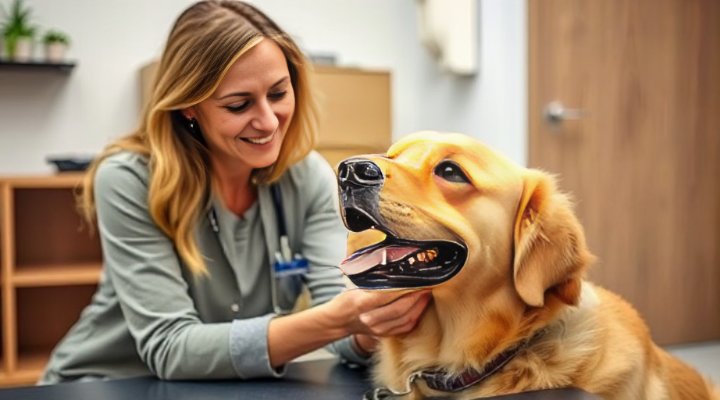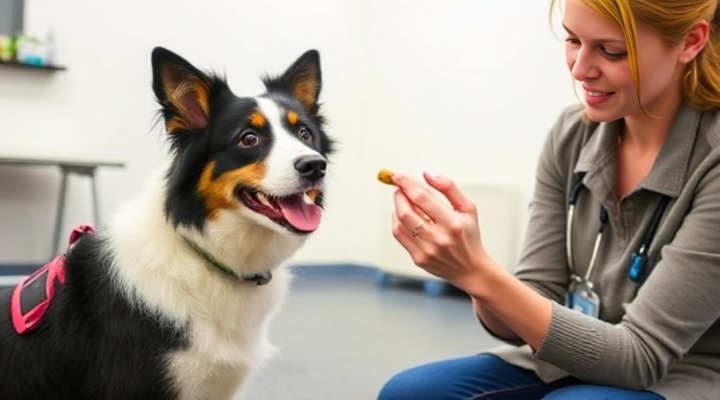Finding a dog therapist near me can be a game-changer for your pet’s behavior and your peace of mind. This guide will walk you through the steps to identify, evaluate, and choose the best professional help for your furry friend. From understanding what a dog therapist does to knowing the right questions to ask, we’ve got you covered.

What Does a Dog Therapist Do?
A dog behavior therapist, also known as a canine behaviorist, specializes in addressing and modifying problematic behaviors in dogs. Unlike a standard dog trainer who focuses on obedience commands, a therapist delves deeper into the root causes of issues like aggression, anxiety, or excessive barking. For example, if your dog has separation anxiety, a therapist will help identify triggers and develop a personalized plan to alleviate stress.
Moreover, a good therapist will work closely with you to ensure consistency in training. After all, behavior modification isn’t just about the dog—it’s about the entire household. If you’re struggling with leash pulling, check out our guide on how to train your dog to walk on a leash for additional tips.

How to Find a Qualified Dog Therapist Near You
First and foremost, start by asking for recommendations from your veterinarian or local pet community. Word-of-mouth referrals are often the most reliable. Additionally, organizations like the American Veterinary Society of Animal Behavior (AVSAB) provide directories of certified professionals.
When searching online, use specific terms like ‘dog behavior therapist near me’ or ‘canine behaviorist in [your area]’ to narrow down results. Don’t forget to read reviews and ask for credentials. A qualified therapist should have certifications from recognized institutions such as the Certification Council for Professional Dog Trainers (CCPDT).
Questions to Ask During Your Initial Consultation
Before committing, schedule a consultation to gauge compatibility. Here are some key questions to ask:
- What is your approach to behavior modification?
- Can you provide references from past clients?
- Do you offer follow-up support?
For more insights on evaluating professionals, our article on how to choose a certified dog trainer offers valuable advice.

What to Expect During a Therapy Session
Typically, the first session involves an assessment of your dog’s behavior and environment. The therapist will observe interactions between you and your pet, identify triggers, and discuss goals. Subsequent sessions may include:
- Positive reinforcement techniques
- Desensitization exercises
- Customized training plans
Remember, progress takes time. Consistency and patience are key. If your dog exhibits aggressive tendencies, our guide on understanding and managing dog aggression can provide additional support.

Final Thoughts
Finding the right dog therapist near me can transform your dog’s behavior and strengthen your bond. By following these steps—researching, asking the right questions, and committing to the process—you’ll be well on your way to a happier, healthier pet.
For further reading, explore our guide on emotional support animal training or check out the ASPCA for additional resources.

